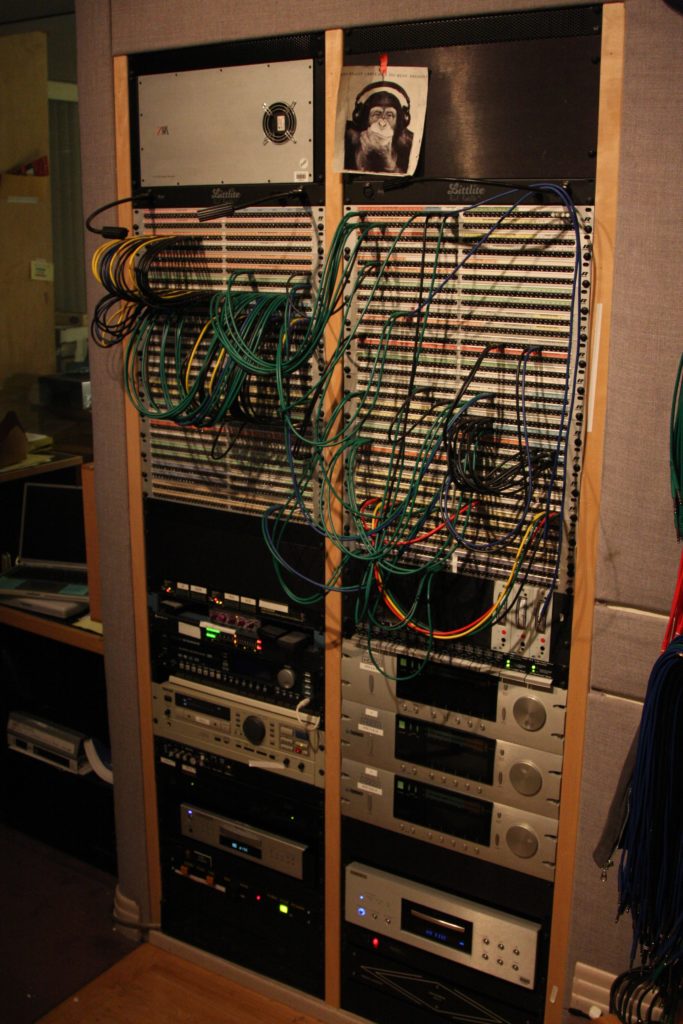Program Notes
From librettist Delores Dufner
 Since my published writing has been primarily in the area of new hymn texts, the invitation to write an oratorio libretto commemorating the Holocaust was a new challenge for me. After meeting with the consortium’s composer-in-residence, Mona Lyn Reese, I knew I wanted to accept that challenge. Mona and I were both powerfully moved by the accounts of the Holocaust provided us by cantor Barry Abelson of Temple Israel. In fact, after a first reading, I put the texts aside for more than a month, too overwhelmed to deal with the horror they described.
Since my published writing has been primarily in the area of new hymn texts, the invitation to write an oratorio libretto commemorating the Holocaust was a new challenge for me. After meeting with the consortium’s composer-in-residence, Mona Lyn Reese, I knew I wanted to accept that challenge. Mona and I were both powerfully moved by the accounts of the Holocaust provided us by cantor Barry Abelson of Temple Israel. In fact, after a first reading, I put the texts aside for more than a month, too overwhelmed to deal with the horror they described.
But the problem of evil in the world, and especially evil done or permitted by apparently good people, has always fascinated me. When I went to Schindler’s List looking for inspiration, the ambiguous main character reminded me that there is a mixture of goodness and evil in each person. It reminded me of the potential each of us has, like Hitler or Schindler, to tip the world balance one way or another.
I began with only a germ of an idea; the question every nonatheist must wrestle with: How could a good God who created life and commanded us to choose life, permit the terrible Holocaust? I had written only a partial, very rough draft when Mona and I met for the first time. For characters I had God, Lazar, Reba (Jacob), and a chorus modeled on that of the early Greek tragedy. I had only a vague idea where the characters and subject matter would lead. But I identified with those who had been afraid to speak up; I created Dives to represent those who were psychologically and physically absent to the suffering Jews, who were deliberately blind and deaf to the h
orrors of the Holocaust. I read the story of Franz Jägerstätter, an Austrian farmer, husband, and father, who had recognized the evil goals of the Nazis. In spite of coaxing from family, friends, and even church leaders, he had remained true to his conscience and was eventually beheaded for his refusal to fight with the Nazis. I based the character of Franziska on his widow, who is still living in the tiny Austrian village of St. Radegund..
Mona’s enthusiasm, our shared conviction of the significance of the subject matter, and my excitement at being involved in an ecumenical project of this magnitude, gave me energy for the task. Once engaged, I worked feverishly at the script. I discovered that, just as an entire hymn text often unfolds from its first line, the oratorio grew organically with a power and inner drive of its own. When I had come as far as I could on the script, I gave it to several trusted readers. Drawing on their insights and suggestions, I developed new characters and new drafts until, with the seventh and final draft, I had five main characters, a reader, and three choirs. Like a midwife, I was astonished and awed at what had been born.
